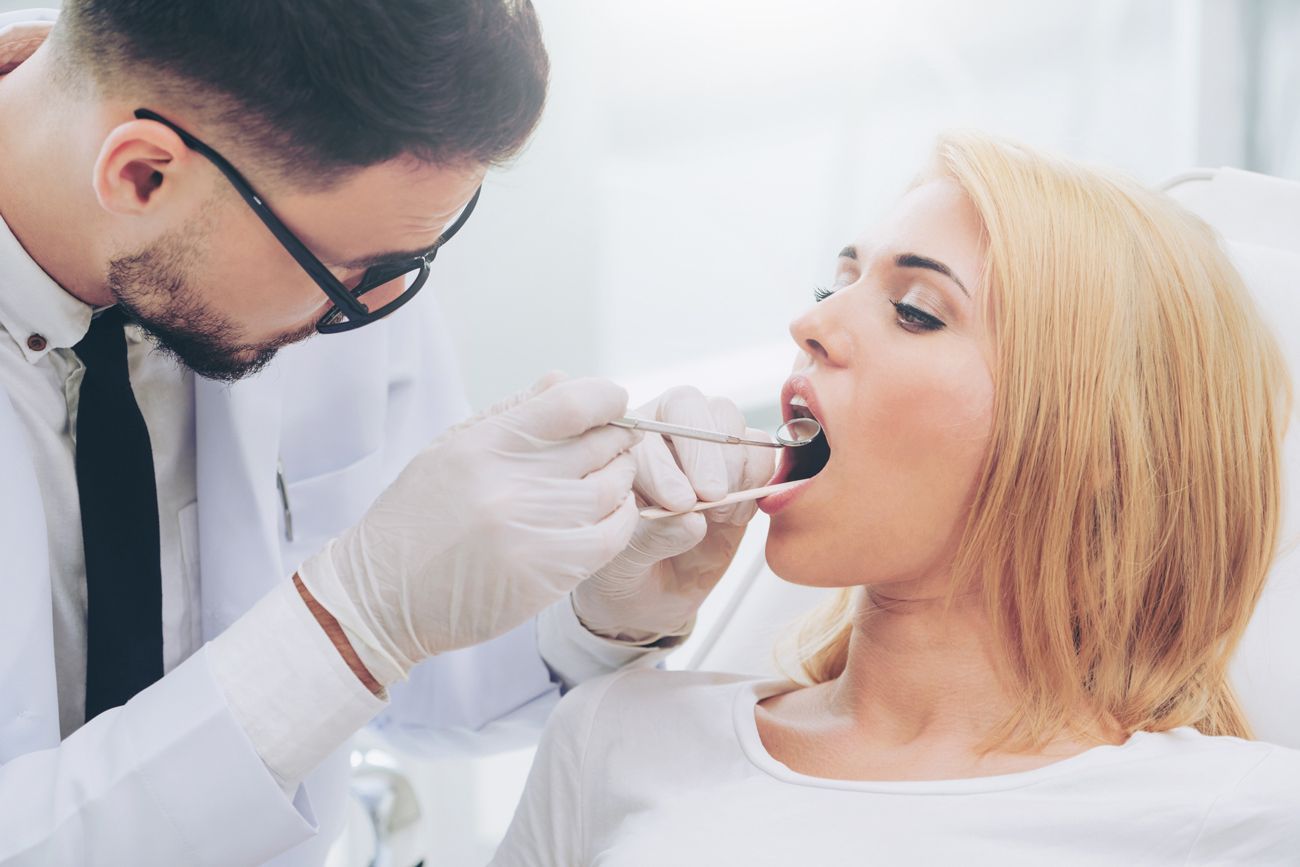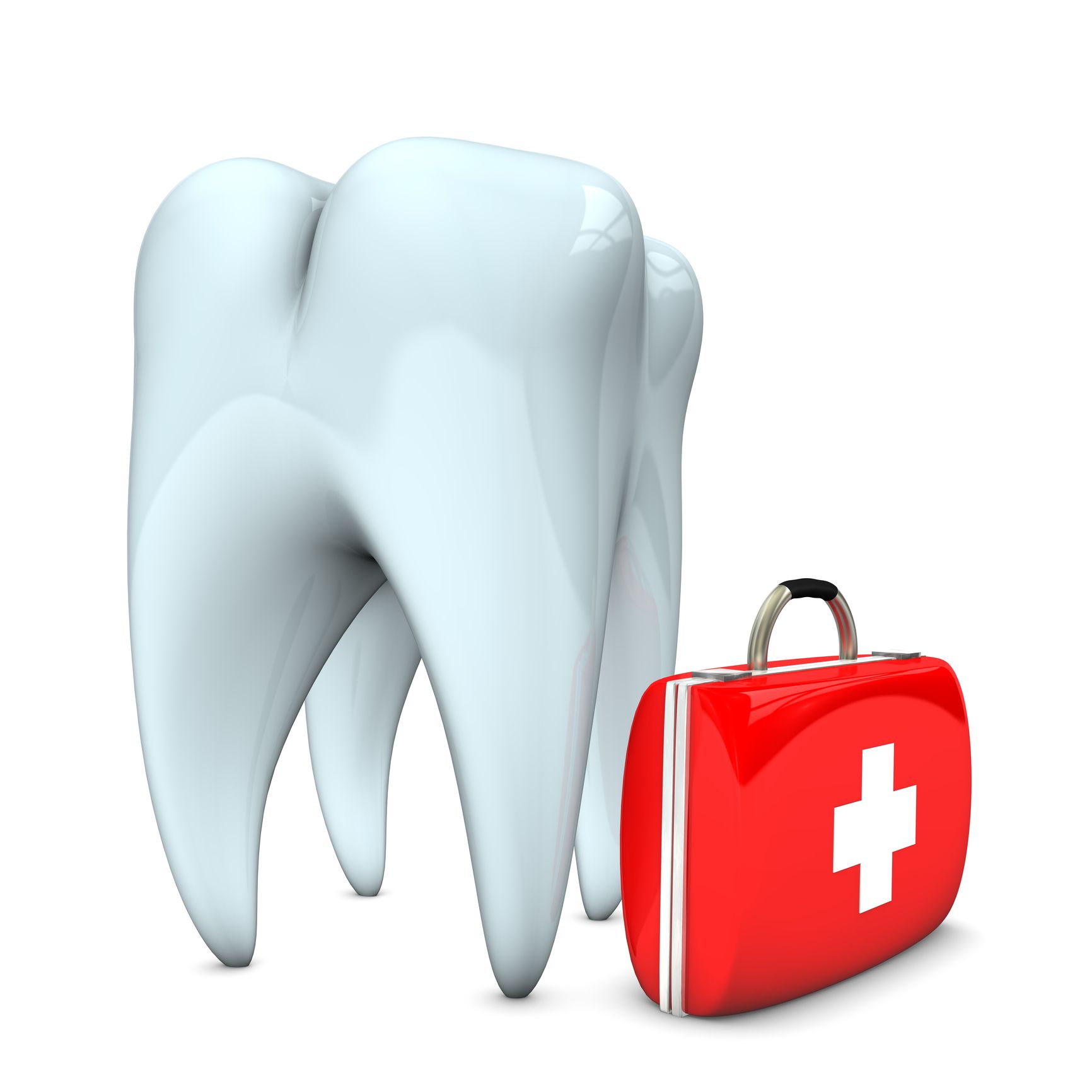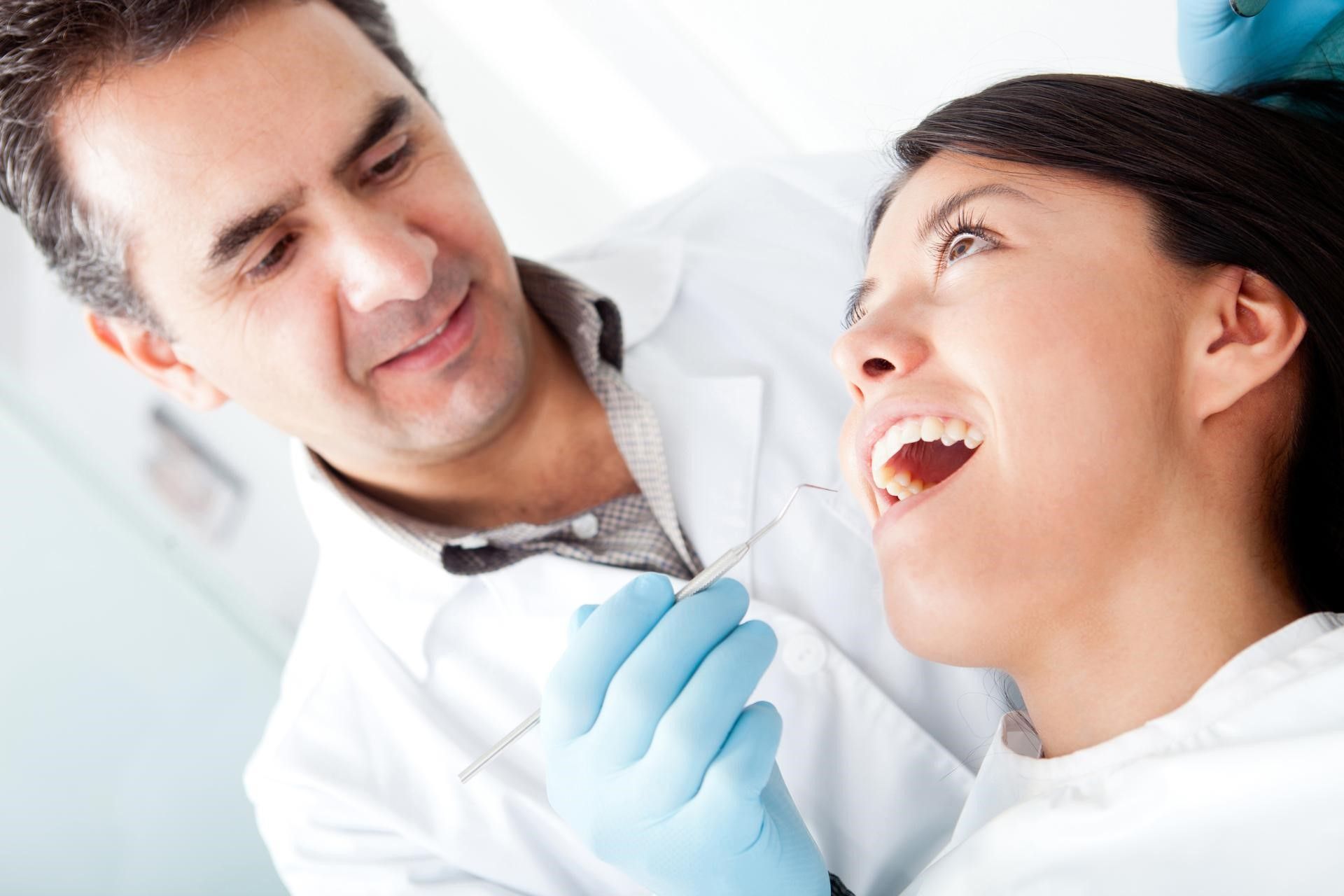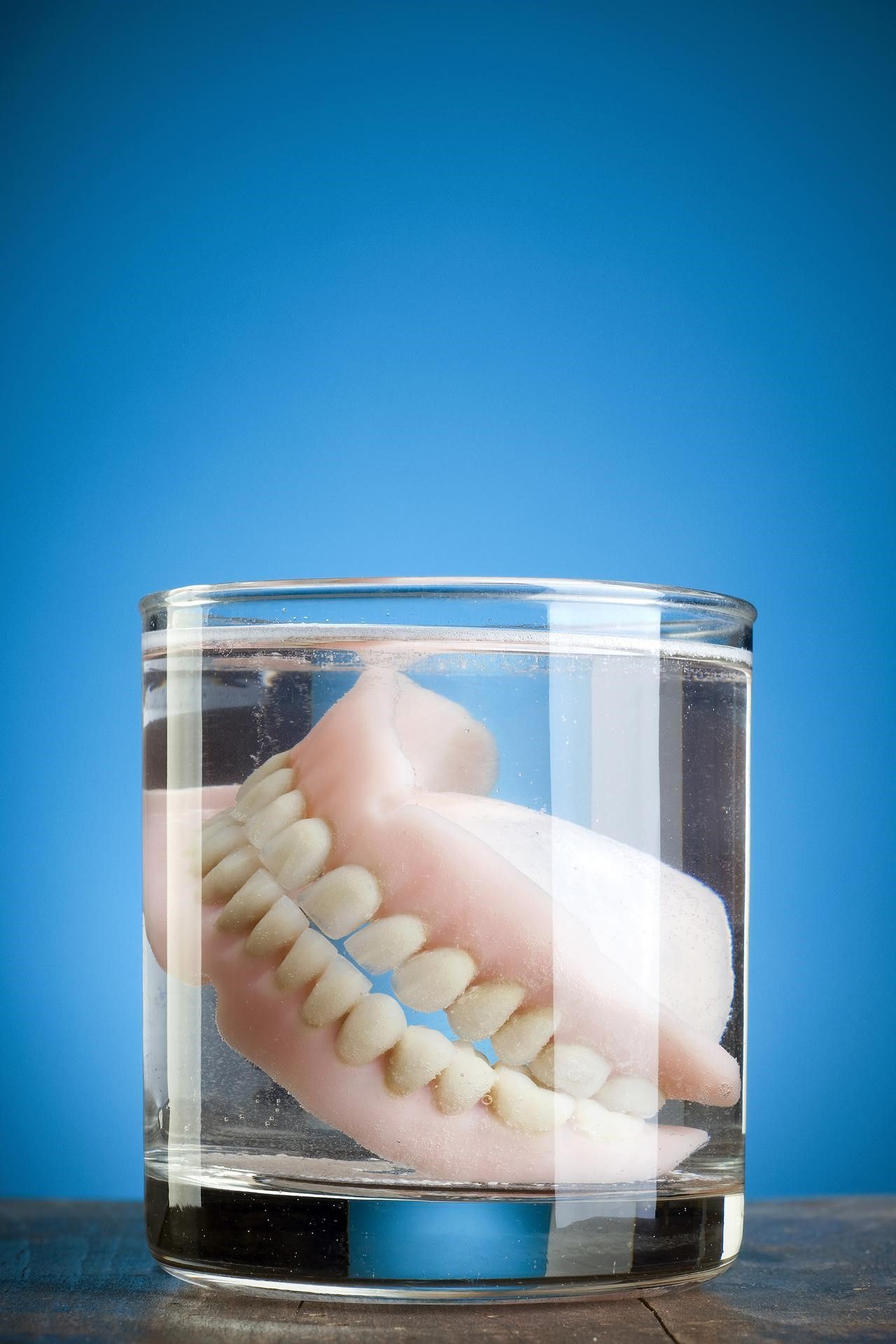4 Common Complications After Oral Trauma
If you get hit in the face with a baseball or get into a car accident, your mouth can be injured. Even a small hit to your head or face can cause your teeth to collide wrong and chip. If you want to protect your oral health after you have experienced oral trauma, check out these four common complications that result after an accident that involves your mouth.
1. Chipped or Cracked Crown
The portion of tooth that sits above the gum line and is protected by enamel is the tooth's crown. In many cases, damage to the tooth enamel occurs slowly due to erosion from bacteria and poor oral hygiene. In severe cases, decay can even cause the tooth to crack or chip. However, even in healthy mouths, your tooth can be chipped or cracked from trauma.
Once the crown had been penetrated, it becomes vulnerable to more damage. With enough pressure and damage, the tooth may even shatter, leaving behind only the tooth's root. If the chip or crack is small and only on a front tooth, a quick filling may be enough to do the trick, but back teeth, with are responsible for chewing, may need a prosthetic dental crown.
2. Tooth Infection
A tooth abscess can occur from poor oral hygiene, but it may also occur after oral trauma, especially if there was damage directly to the tooth's roots.
When decay is caught quickly, the decayed portion of the tooth can easily be removed and replaced with a filling to stop the spread of decay. However, if the bacteria reaches all the way through the enamel and denting, it reaches the tooth's pulp, which contains blood vessels, nerves and other living tissue that can be infected.
Your dentist may be able to perform a root canal procedure to remove the infection, but if there is damage to the roots, it may be best to pull the tooth to prevent future infections.
3. Darkened Dentin
Teeth may darken over time for many reasons, such as smoking, drinking red wine, eating berries, etc. However, these stains generally only affect the enamel, which can be "bleached" with dental whitening procedures. Trauma, on the other hand, can make the dentin in your teeth turn black, causing your tooth to look grey.
Unfortunately, dental whitening procedures don't work well on this type of discoloration. An alternative solution is to get a porcelain veneer on affected front teeth. Your dentist may also recommend dental bonding for a cheaper alternative. Again, if the tooth has also been chipped, a dental crown may be an ideal option to consider.
4. Dislodged Tooth
If you are in an accident or are injured in a contact sport, teeth may become dislodged. Some teeth may only move slightly, which can affect your bite, cause discomfort and increase the risk of tooth infection. If hit hard enough, however, a tooth can become fully dislodged, leaving you with just an empty socket.
If the tooth has been fully knocked out of the socket, chances of saving it are low, and you may need to consider tooth replacement options. If the tooth was only partially dislodged, however, the dentist may be able to reposition it without causing further damage or harm. This is usually only possible if the blood vessels are still attached, and it must be performed as soon as possible for the best chance at success.
Oral trauma can cause major damage to teeth, especially if teeth are shattered or become dislodged. In some cases, the dentist can save your tooth, but tooth replacement options are sometimes necessary. If you would like to know more about oral trauma and oral health, or if you need to schedule an appointment, contact us at Eastland & Professional Dental Center today.










